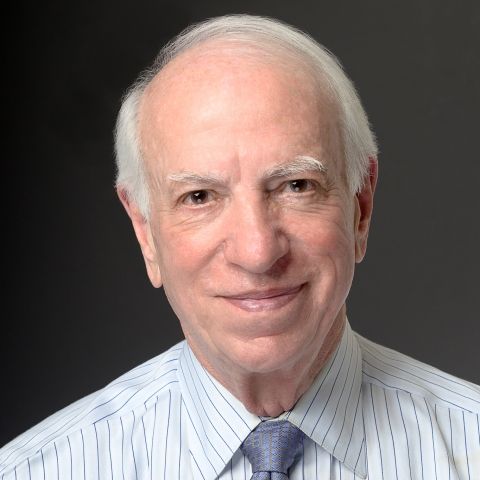
Driving Performance and Automobile Accidents in Patients with Sleep Apnea
Patients with untreated obstructive sleep apnea have poorer driving performance than patients without sleep apnea. This poor driving has been demonstrated by studies on a wide variety of driving simulators. Patients with sleep apnea show a significant improvement in driving performance after successful treatment of their apnea with nasal CPAP. After treatment with CPAP, their driving performance is similar to control subjects. Several studies show that patients with untreated sleep apnea are poor drivers and have two to three times more auto accidents than other drivers. These studies reveal that almost one quarter of these patients report frequently falling asleep while driving. Patients with severe sleep apnea or those who perform poorly on driving simulators may be at highest risk of auto accidents. Automobile accidents involving patients with sleep apnea may lead to severe injury or death. Patients, individual physicians, and the medical profession have responsibilities to help prevent these accidents. Finally, more study is needed to improve patient care, protect drivers, and formulate a fair and rational policy concerning drivers with sleep apnea.